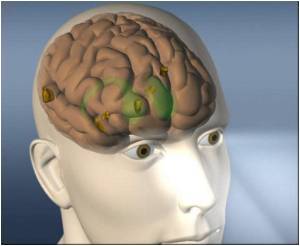In elderly people, omega-3 polyunsaturated fatty acid content in blood could reduce small brain infarcts' risk, suggests study.

Scans were performed again five years later on 2,313 of the participants.
Research shows that silent brain infarcts, which are only detected by brain scans, are found in about 20 percent of otherwise healthy elderly people.
The study found that those who had high long-chain omega-3 polyunsaturated fatty acid content in blood had about 40 percent lower risk of having small brain infarcts compared to those with low content of these fatty acids in blood.
The study also found that people who had high long-chain omega-3 polyunsaturated fatty acid content in blood also had fewer changes in the white matter in their brains.
The study has been published in Journal of the American Heart Association.
Advertisement















